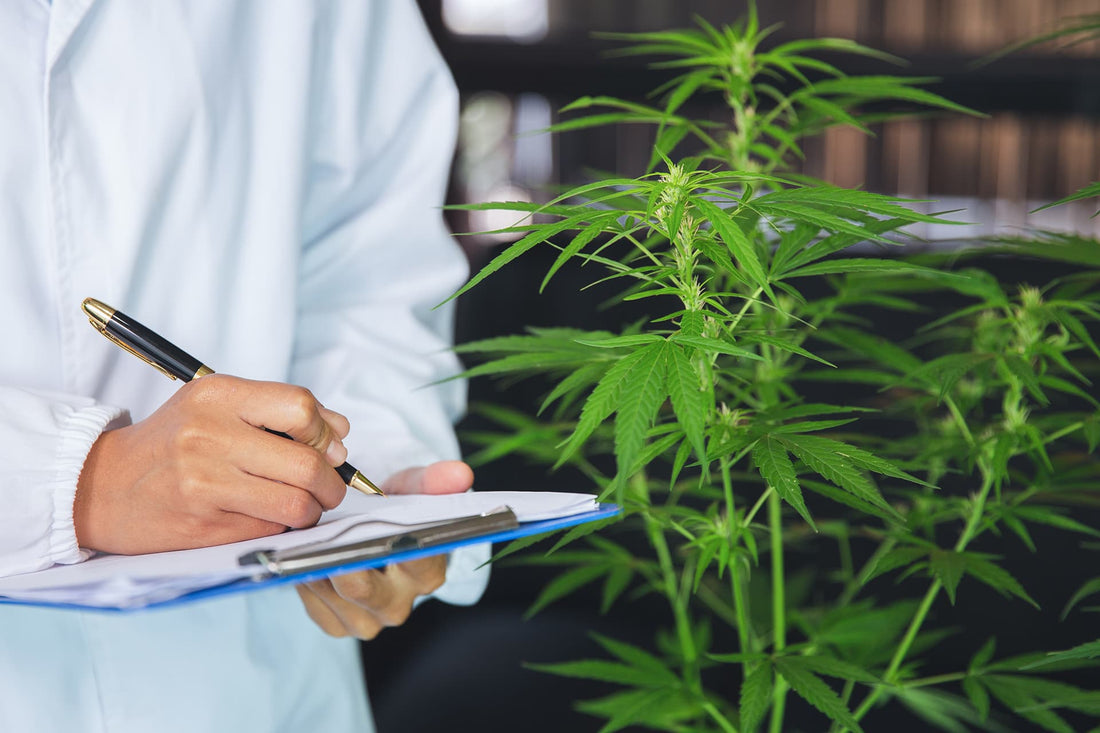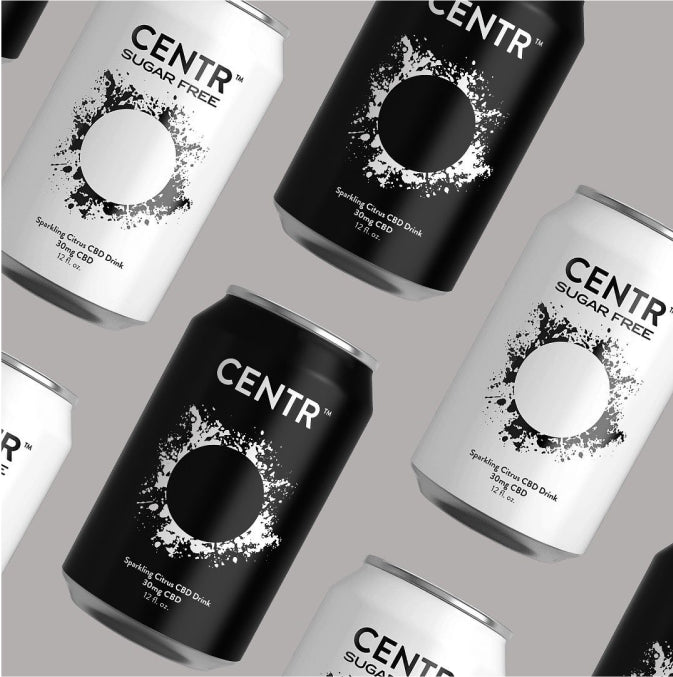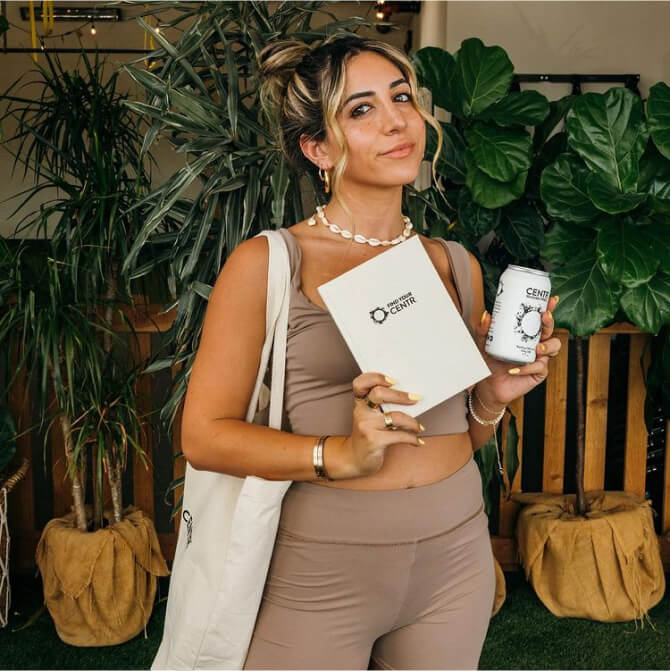What’s going on in the CBD industry? Well, open your browser, type in CBD + whatever product you’re curious about, and you’re bound to get quite the comprehensive answer. But what about the future of CBD? Are you curious about what will happen to the CBD industry beyond the craze? What happens when the hype dies down?
CBD Hype has Passed: What’s Next?
Ask anyone that knows anything about the CBD industry, and they’ll likely tell you this: the hype has already died down. And has the wildfire that became the CBD industry died down to a mellow smoke? No, the industry is still here, making steady progress in the minds and households of millions of people. It’s safe to say CBD is here to stay.
We can move beyond the notion that CBD is just a passing trend. But what about the future? Will the industry continue to grow? Or have we seen all the innovation that the cannabinoid has to offer us?
Before the passage of the 2018 Farm Bill, hemp-derived cannabinoids were painted with a federal illegal label. Considering that, the fact that the cannabinoids remain in murky regulations can be all but understood.
 This regulatory gray area brings both challenges and opportunities for products. Despite financial, production, and marketing challenges, the CBD industry is growing. It's been a long spring for the fertile CBD market landscape, even with the hurdles it faces.
This regulatory gray area brings both challenges and opportunities for products. Despite financial, production, and marketing challenges, the CBD industry is growing. It's been a long spring for the fertile CBD market landscape, even with the hurdles it faces.
Here’s what the future might hold for the CBD market:
1. The CBD market will be more diversified.
2021 was a good year for the market; it hit $5.18 billion by the end of the year. But looking ahead? Many experts agree the growth will continue on an upward trajectory, with one forecast placing the industry in a comfortable 14.9% growth between 2022 and 2030.
And what’s driving that forecast? The diversity this industry has to offer. There is already a pretty wide range of products to choose from. It is highly likely that companies will continue to offer a diverse variety of products.
Seeing that there are over 100 cannabinoids (and perhaps more to discover), there are many opportunities for new and innovative products. We’ll likely see a host of cannabinoid-focused products, some including CBD and some not.
2. More Regulatory Challenges
Some CBD companies are still facing challenges regarding bank services and capital, which may continue until federal regulations are outlined with crystalline clarity.
Furthermore, marketing lingo surrounding how companies push their products is also tricky. Companies are currently unable to market their products as effective or safe, even if there are studies to back this up. The marketing language is limited to FDA classification.
So, will the FDA authorize CBD as a dietary supplement?
There are legislations in progress for that to happen, but will it come to pass?
While the U.S Congress holds authority over it, the Safe Banking Act of 2021, the Hemp Access and consumer Safety Act and the Hemp and Hemp-derived CBD Consumer Protection and Market Stabilization Act of 2021 are legislative measures in progress to help stabilize the CBD and hemp-derived markets.
It seems to the public eye, at least, that the FDA classification of CBD has reached a still, but there are lengthy procedures in place to help Congress reach the ruling of the FDA seeing CBD as a dietary supplement.
As a result, companies will be able to market CBD as such, ultimately leading to more brand exposure which will help to further fuel sales.
And do you know what else this type of federal regulation will do for the CBD market? Product quality will increase as competition ramps up, and hopefully, low-quality products will be exposed and strangled out of the market.
3. A more knowledgeable audience will demand higher safety and quality.

Before 2018, how much did the public know about CBD? Not much. There was some coverage of the cannabinoid thanks to the courageous young Charlotte Figi and her family’s journey with CBD. But there was not much beyond that.
But if the cannabinoid receives dietary supplement status? That will skyrocket public knowledge about CBD. As CBD becomes more mainstream, consumers will become confident CBD buyers as regulations are clearer and smarter.
This also means companies will need to give their quality assurances a facelift, and those already offering top-of-the-range CBD products will come out top of the class. Why? Well, because companies like CENTR who rely heavily on top-class research and development to offer their companies a product that will be in high demand once regulations are clearer.
4. Big Brands will jump on board.
Most predictions are hinged on CBD being classified as a dietary supplement. And this one is no different. Once CBD gets that classification, big brands will likely jump on board and potentially offer an assortment of CBD products.
Once big brands get involved, we will see a massive influx, growing the market and all its various sectors, including farmers and labs. Unfortunately, the price of raw materials may increase alongside the demand for hemp.
Summary
The future of CBD is a colorful tapestry woven with opportunity. But, these opportunities are hanging on by the thread of their classification status. The market will likely survive in its current status, but there is a sea of potential lying in wait.
The CBD industry is currently a multi-billion dollar industry, and it's set to increase. CBD’s classification status is one, hopefully, temporary roadblock on its way there.
These are some of the most likely developments for CBD’s future:
- CBD’s reclassification
- Exponential financial growth for the CBD industry
- Clearer education about the cannabinoid and more knowledgeable consumers
- A clearer and more robust regulatory framework to monitor product safety and quality
For the moment, consumers should focus on companies already standing firm on the product quality front. CENTR stands by its products and has the certifications and lab reports to back them up. Look at CENTR’s innovative water-soluble CBD products, and find your favorite today.






